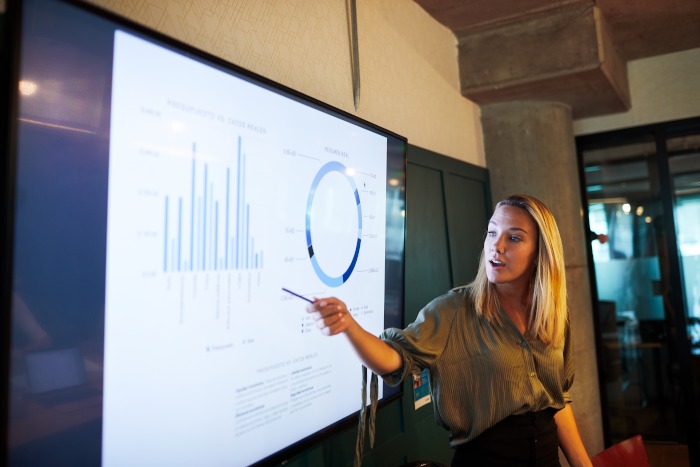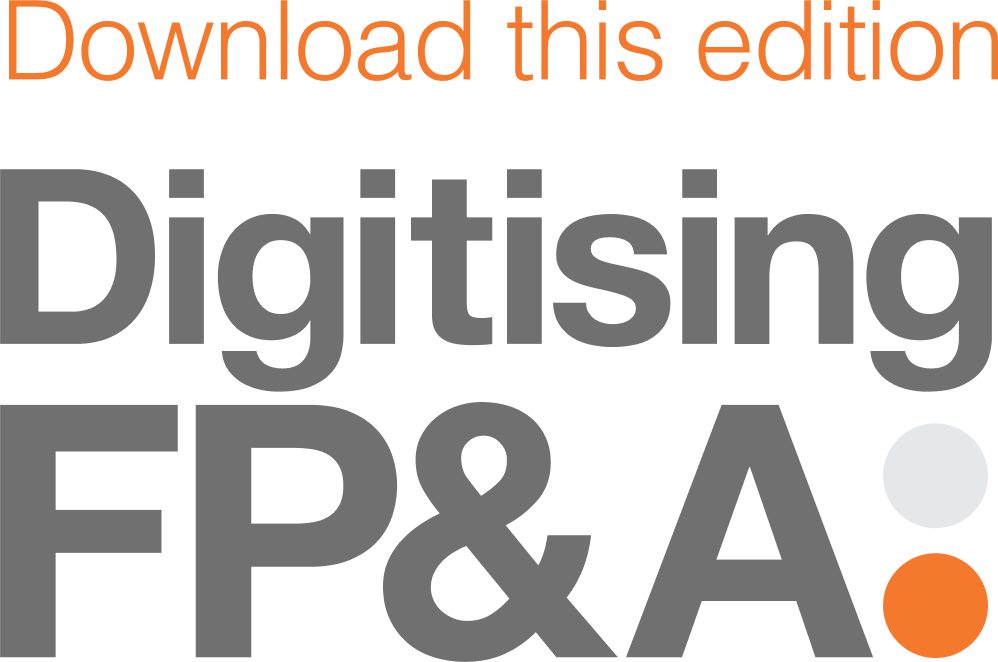In the new, dynamic, digitalised market that has emerged in 2020, organisations need to move much faster to survive. The world has changed forever, and the global business environment has changed with it. Gone are the days when you could essentially deliver a set-and-forget annual budget process, with the only requirement to stick to the budget and plan.
Although organisations still need annual budgets to help guide activities, finance teams must also build in a more regular reforecasting cycle to support business flexibility. This should augment existing annual processes and go beyond quarterly business reporting. Proper reforecasting means that company executives must continually reassess the business and the market as an ongoing process, not just at defined intervals. The insights will help finance leaders as they regularly reforecast the annual budget and business strategy to keep pace with the market.
GK Horizons has identified three ways to incorporate reforecasting into the organisational strategy without breaking the budget:
1) Replace manual processes with automated workflow solutions
Organisations that rely on manual processes are already being left behind as competitors rapidly complete their digital transformation journeys. The time, cost and compliance gains from automated solutions far outweigh costly, error-prone and risky manual processes.
Empowering your team to use technology solutions that facilitate better business planning, such as automated workflow solutions, lets you track how key metrics are performing against the budget plan more regularly. By continuously monitoring performance, rather than at month- or quarter-end, you can proactively apply changes before issues occur.
2) Incorporate the reforecasting process into workflow planning
Reforecasting needs to be a regular activity however if it’s time consuming and onerous, it may not get done. This challenge can be overcome by using workflow planning technology that streamlines the process. Businesses must demonstrate flexibility and agility in today’s rapidly changing market. Blending budget reforecasting processes into regular budget checks can help your finance team to stay proactive in terms of adjusting budgets to changing business drivers, rather than reacting to issues and crises.
Transitioning reforecasting into an ongoing and evolving process, as opposed to a periodic check-and-adjust step, can help your finance team more efficiently identify any necessary adjustments and pivot budgets as needed.
3) Implement regular scenario modelling
Regular scenario modelling is a crucial part of integrating reforecasting seamlessly into organisational strategy. Scenario modelling technologies can empower you to make smarter, more insight-driven decisions and better manage, reforecast and adjust plans as needed.
Corporate performance management (CPM) software gives your finance team a clearer understanding of how different scenarios will impact the business. CPM solutions let you explore and adapt risk and mitigation strategies as needed by using scenario modelling and testing scenarios.
By integrating reforecasting into organisational strategy, your finance team can be more flexible and agile and help improve the adaptability of the company and ensure business continuity. However, this is just one critical step you can take to improve your company’s business performance. Download our latest tip sheet to discover four ways you can improve the flexibility of your company and future-proof your finance team for unpredictable events.
GK Horizons can help your organisation incorporate reforecasting more seamlessly and develop more effective processes for business planning. For more information, contact the team today.








